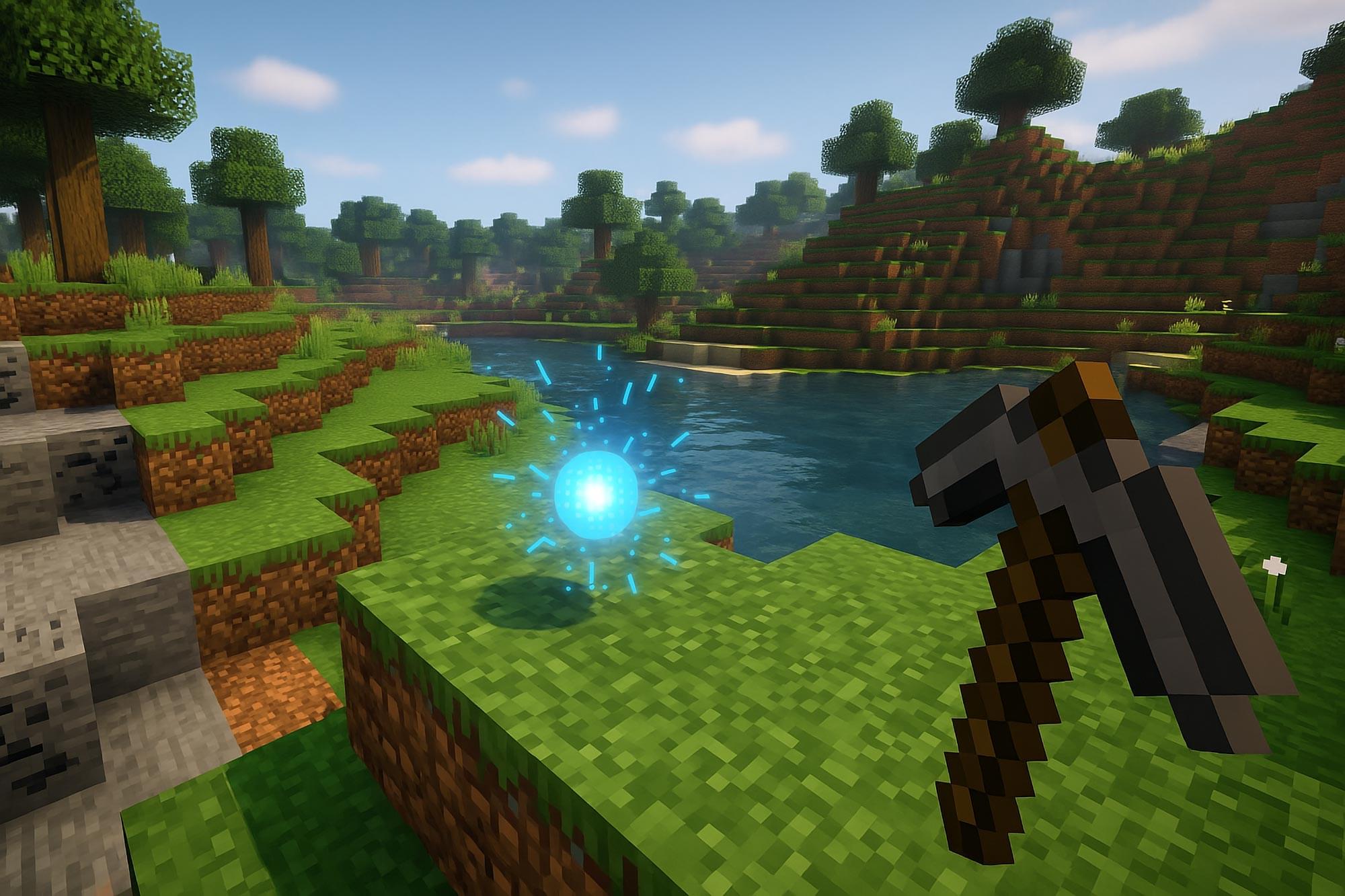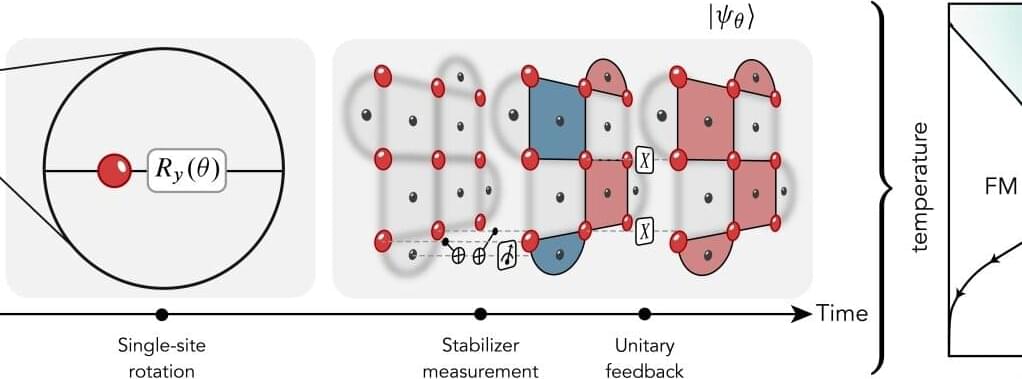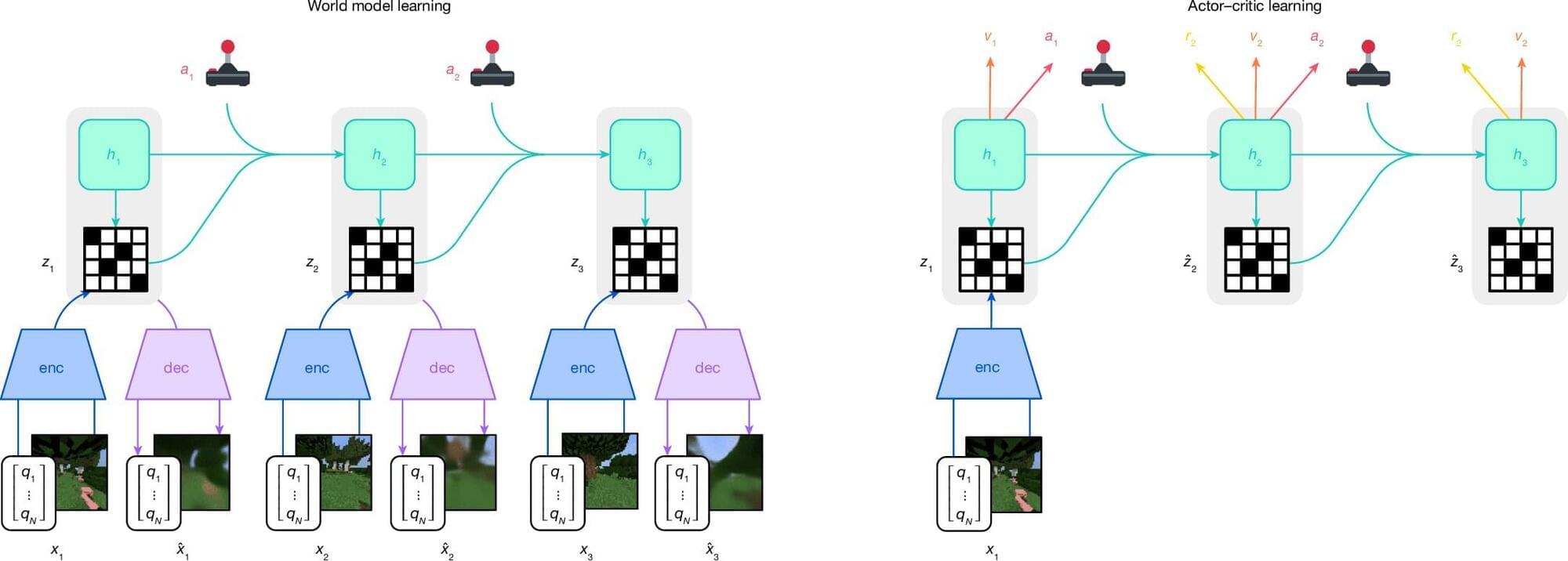Main episode with Michael Levin (June 2024): https://youtu.be/c8iFtaltX-s?list=PLZ7ikzmc6zlN6E8KrxcYCWQIHg2tfkqvR
Listen on Spotify: https://open.spotify.com/show/4gL14b92xAErofYQA7bU4e.
Become a YouTube Member Here:
https://www.youtube.com/channel/UCdWIQh9DGG6uhJk8eyIFl1w/join.
Join TOEmail at https://www.curtjaimungal.org.
Support TOE:
- Patreon: https://patreon.com/curtjaimungal (early access to ad-free audio episodes!)
- Crypto: https://tinyurl.com/cryptoTOE
- PayPal: https://tinyurl.com/paypalTOE
- TOE Merch: https://tinyurl.com/TOEmerch.






